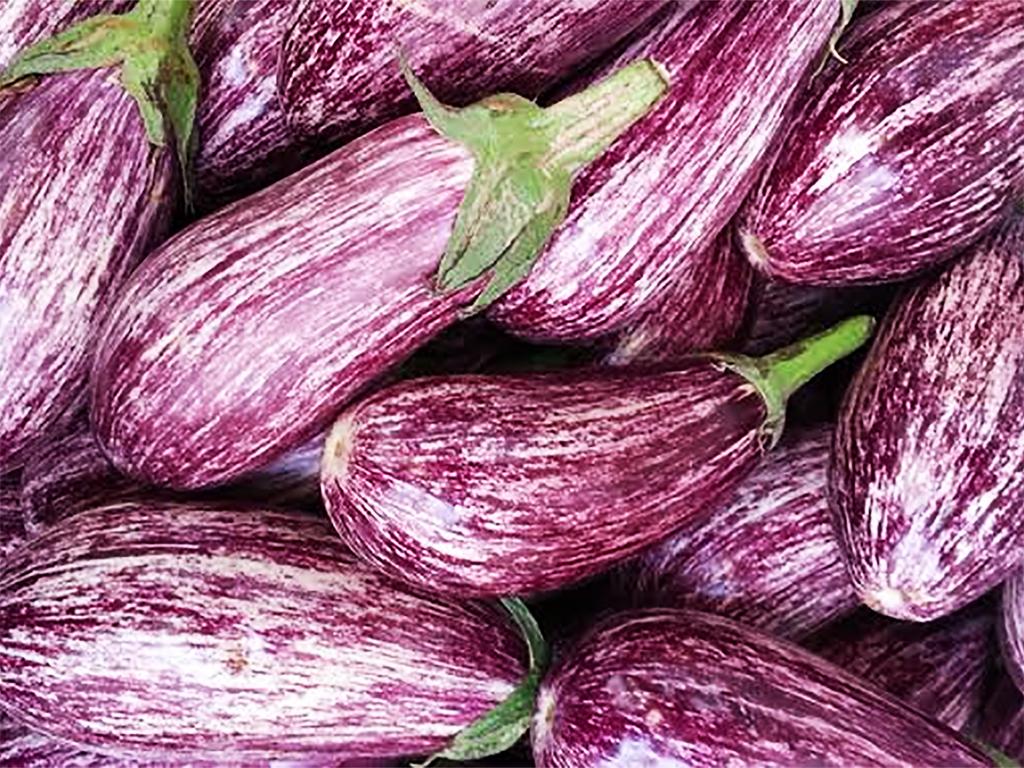4 Mins Read
Eating locally has become somewhat of a trend these days and with all health trends, it’s easy to forget that there are legitimately valid reasons to adopt them. Beyond all the media coverage, the locavore movement has its roots (couldn’t resist) in sound thinking. Below, we look into the rationale behind it.
Maximize Nutrition
Many of us may be unaware that the vitamins and nutrients in produce break down very quickly. In fact, this process begins the moment an item is picked. When produce is not local it must be transported, usually a great distance, and the time it spends sitting in a crate is time that the nutrition content is being compromised. In addition, to help prevent spoilage and to ensure produce lasts the great distance they travel, many farmers pick fruits and vegetables before they are fully ripe. These unripe harvests will have far fewer nutrients than their fully ripened cousins. Ripe, fresh fruits and vegetables are the best bet for maximizing the health and nutritional benefits of produce- that’s the way mother nature intended it. Eating local means you can eat just picked, fully ripe fruit and veg mere hours after they are harvested.
Travel Trouble
We all know that we need to improve our carbon footprint, aka the amount of CO2 released because of our daily life choices. What many people may not realize is how much fossil fuel it takes to get those fresh grapes or that baby asparagus on their dinner plate. Fruits and vegetables that spoil quickly need to be shipped overseas by plane. This comes at a huge environmental cost. In order to ship produce into Hong Kong from Australia, over 100, 000 litres of jet fuel is required! From Chile, that number goes up to over 270, 000 litres. Suddenly, the New Territories feel quite close. Buying local means a huge reduction in air miles, CO2, fossil fuels used, air pollution caused- it’s a no brainer from an ecological point of view.
Support Your Local Farmer
Who doesn’t love farmers markets? Supporting our local farmer community is a rewarding past time and it is encouraging that in the past five year, Hong Kong has seen a renewed growth in the number of farmers replanting their land. There has also been a surge in the number of organic farms thanks to demand from consumers and the F&B industry. Why is more farmland good? There are a host of reasons…more jobs, increased genetic and biodiversity, lower pollution levels, promoting self sufficiency- less reliance on China as our main food supply, control over what is grown, the ability to safeguard plant species that are dying out, an alternative to monoculture farming (growing only one crop year after year, which depletes the soil and eventually renders the land unfarmable)…Buying local is the biggest vote you can make towards a greener, lusher and healthier Hong Kong.
Sneeze Less
Consuming local honey and bee pollen has been shown to help reduce the impact of many allergies. By consuming one teaspoon of local honey every day you slowly build up immunity to the local flora. This then helps decrease the body’s response to a variety of allergens, the most well known being pollen. Thus, your immune system is strengthened and can fight off other irritants, and your incidence of allergic flare ups can be significantly reduced. Before there was Claritin, there was local honey! Plus it tastes better!
Safety First
Food safety is a large concern these days with the news full of stories about the hazards that are part and parcel of our industrialized food world. Remember the whole e. coli in spinach fiasco? Seems there is a new scandal every day. Part of the reason is the consumer’s disconnect from where the food is being produced. The longer produce stays in storage containers and crates, the more potential there is for contamination. Picking, sorting, washing, packing and shipping…all provide an opportunity for contamination. In an ideal world, fruits and vegetables would be handled the least amount possible, hence the growth of the farm to plate movement. This is why local is the best, and safest, option. Buying local means less processing, less handling, less packaging, less storage time and less shipping- all of this means safer, healthier and cleaner food.
Don’t forget to check out our previous post on reasons to eat seasonally, a complement to eating locally.
Photo credits: Bok choy via photopin (license), Fuyu persimmon via photopin (license).






